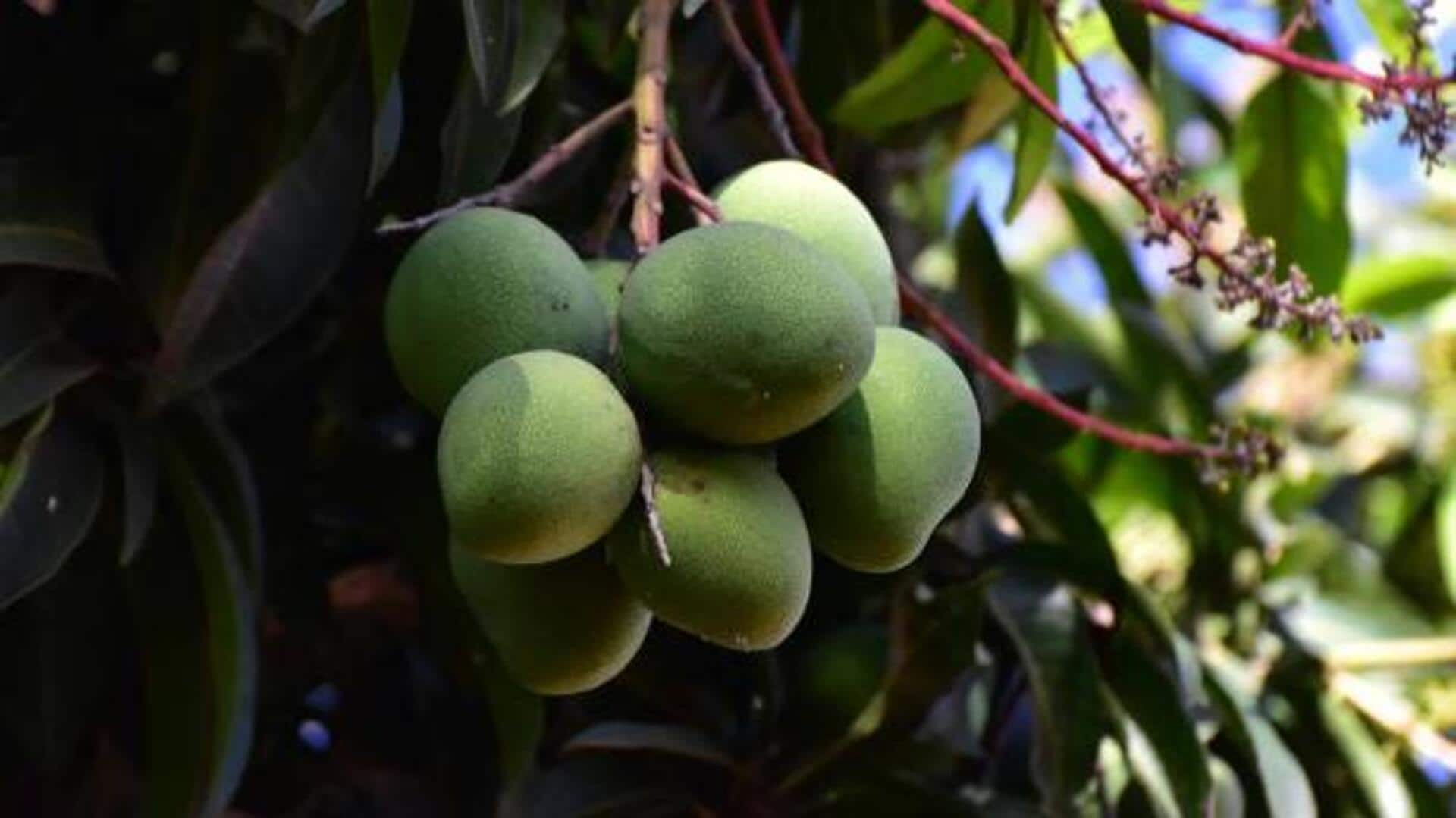
Surprising health benefits of bush mango
What's the story
African bush mango, a staple in West African cuisine, is making waves for its health benefits. The fruit, which is packed with nutrients, has been used in traditional medicine for centuries. Its seeds are especially popular for their potential to aid weight loss and improve overall health. As more people discover this exotic fruit, its nutritional value and possible health benefits are being studied.
#1
Nutrient-rich composition
African bush mango is loaded with essential nutrients such as vitamins A and C, which promote immune function and skin health. It also has minerals such as potassium and magnesium that help maintain healthy blood pressure levels. The fruit's high fiber content promotes digestion and keeps you full, making it a great addition to a balanced diet.
#2
Potential weight loss aid
The seeds of the African bush mango are also famous for their weight loss benefits. They are said to suppress appetite by increasing the levels of certain hormones that control hunger. Some studies have also indicated that these seeds may boost metabolism by increasing fat oxidation rates, which could help with weight management when combined with a healthy diet.
#3
Antioxidant properties
African bush mango is rich in antioxidants that protect cells from oxidative stress caused by free radicals. These antioxidants may reduce inflammation and lower the risk of chronic diseases such as heart disease and diabetes. Including antioxidant-rich foods like the African bush mango in your diet can promote long-term health by protecting cellular integrity.
#4
Traditional medicinal uses
In traditional West African medicine, the African bush mango has been used to treat a variety of ailments, from digestive issues to skin problems. Its anti-inflammatory properties are believed to help with joint pain relief when consumed regularly or applied topically as part of herbal remedies. This shows the cultural significance of this fruit beyond its nutritional value.